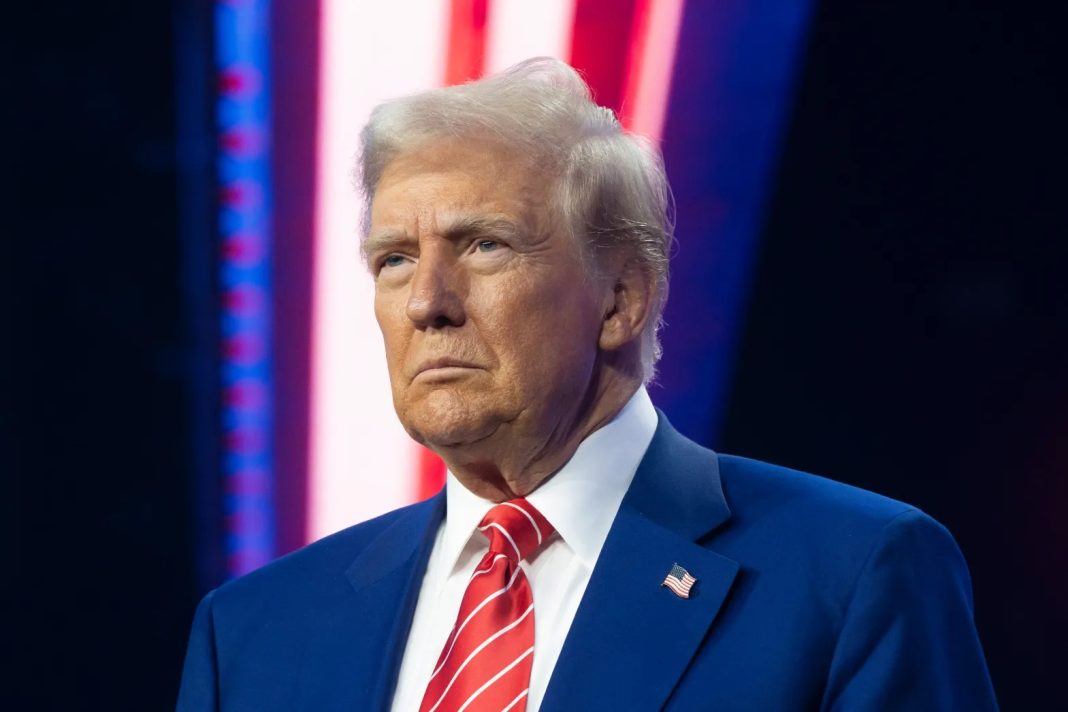WASHINGTON, USA — United States President Donald Trump is reportedly considering expanding the list of countries subject to travel bans or visa restrictions, with Nigeria among 36 nations named in an internal memo obtained by The Washington Post.
The memo, signed by Secretary of State Marco Rubio, outlines new security and information-sharing requirements that the listed countries must comply with within 60 days or risk facing sanctions, including possible travel bans or heightened visa restrictions.
Countries included in the proposed list span several regions but are predominantly from Africa.
Among them are Angola, Benin, Burkina Faso, Cameroon, Côte d’Ivoire, Ethiopia, Ghana, Egypt, and the Democratic Republic of the Congo.
Nigeria, Africa’s most populous nation, is also on the list.
Other countries listed include Bhutan, Cambodia, Syria, Tuvalu, Tonga, and several small island nations in the Caribbean and the Pacific.
According to the memo, the U.S. State Department expects these nations to submit an initial plan of action by Wednesday to demonstrate compliance with the new guidelines.
The measures include enhanced passport security features, sharing of terrorism-related information, and cooperation in deportation processes.
This latest development follows a series of aggressive immigration policies under President Trump’s second term, including the expansion of the original travel ban introduced during his first term.
In June, Trump signed an executive order imposing a full travel ban on 12 countries, including Afghanistan, Iran, Libya, Yemen, Eritrea, and Somalia.
Those bans were based on national security assessments and lack of adequate data-sharing with U.S. authorities.
Earlier in March, the Trump administration had also weighed restrictions on 43 countries grouped into three categories — red, orange, and yellow — based on the perceived severity of their compliance issues. Nigeria was not on that initial list.
If enacted, the proposed restrictions could affect a wide range of travellers, including students, business professionals, and families, particularly from countries with substantial diaspora communities in the U.S.







![Honouring a Rare Soul: Celebrating the Life of AVM Terry Omatsola Okorodudu [MUST READ] Air Vice Marshal Terry Omatsola Okorodudu](https://www.thetrentonline.com/wp-content/uploads/2026/01/Joan-and-Bidemi-Okorodudu-The-Trent-100x70.jpg)